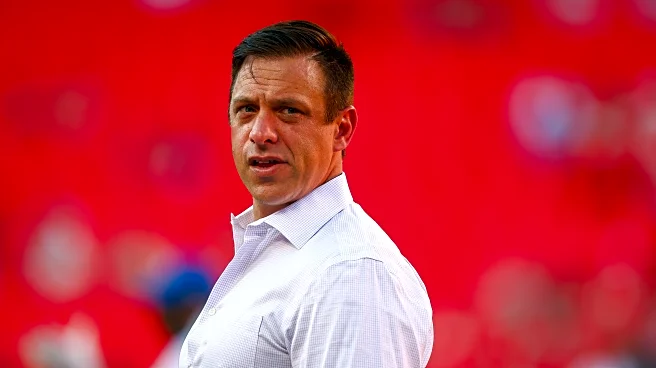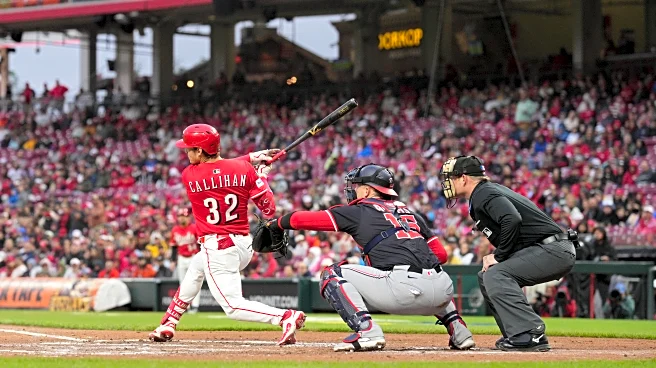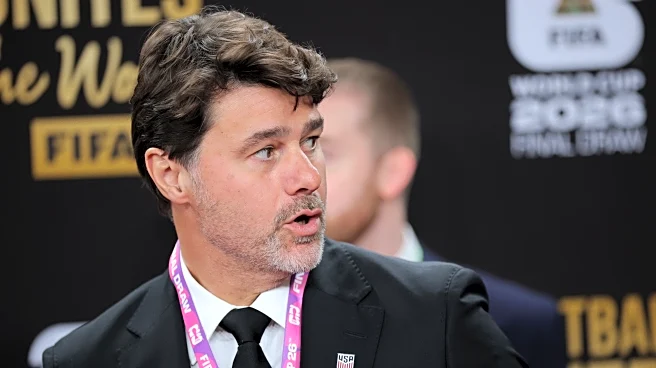Rapid Read • 7 min read
Rwanda has officially denied allegations that M23 rebels, reportedly backed by the Rwandan government, were responsible for the massacre of civilians in the Democratic Republic of Congo. The accusations, initially reported by Reuters and supported by findings from the U.N. Joint Human Rights Office and Human Rights Watch, claim that M23 rebels killed at least 319 civilians, including women and children, in Rutshuru territory in July. Rwanda's government has dismissed these claims, stating that they lack credible evidence. The peace agreement signed in Washington on June 27 between the Congolese and Rwandan foreign ministers requires Congo to neutralize the Democratic Forces for the Liberation of Rwanda (FDLR), a group linked to the 1994 Rwandan genocide.
AD
The denial by Rwanda highlights ongoing tensions in the Great Lakes region, where accusations of cross-border support for rebel groups have long fueled conflict. The situation poses a challenge to regional stability and international diplomatic efforts, including those led by the United States, to foster peace. The allegations, if proven, could strain Rwanda's international relations and impact its role in regional peacekeeping efforts. The persistent violence in eastern Congo also threatens economic interests, as the region is rich in minerals like gold and cobalt, which are crucial to global supply chains.
The international community, including the United Nations and human rights organizations, may increase pressure on Rwanda and Congo to address these allegations transparently. Further investigations could be launched to verify the claims, potentially involving international observers. Diplomatic efforts may intensify to ensure compliance with the peace agreement and to prevent further escalation of violence in the region.
AD
More Stories You Might Enjoy












